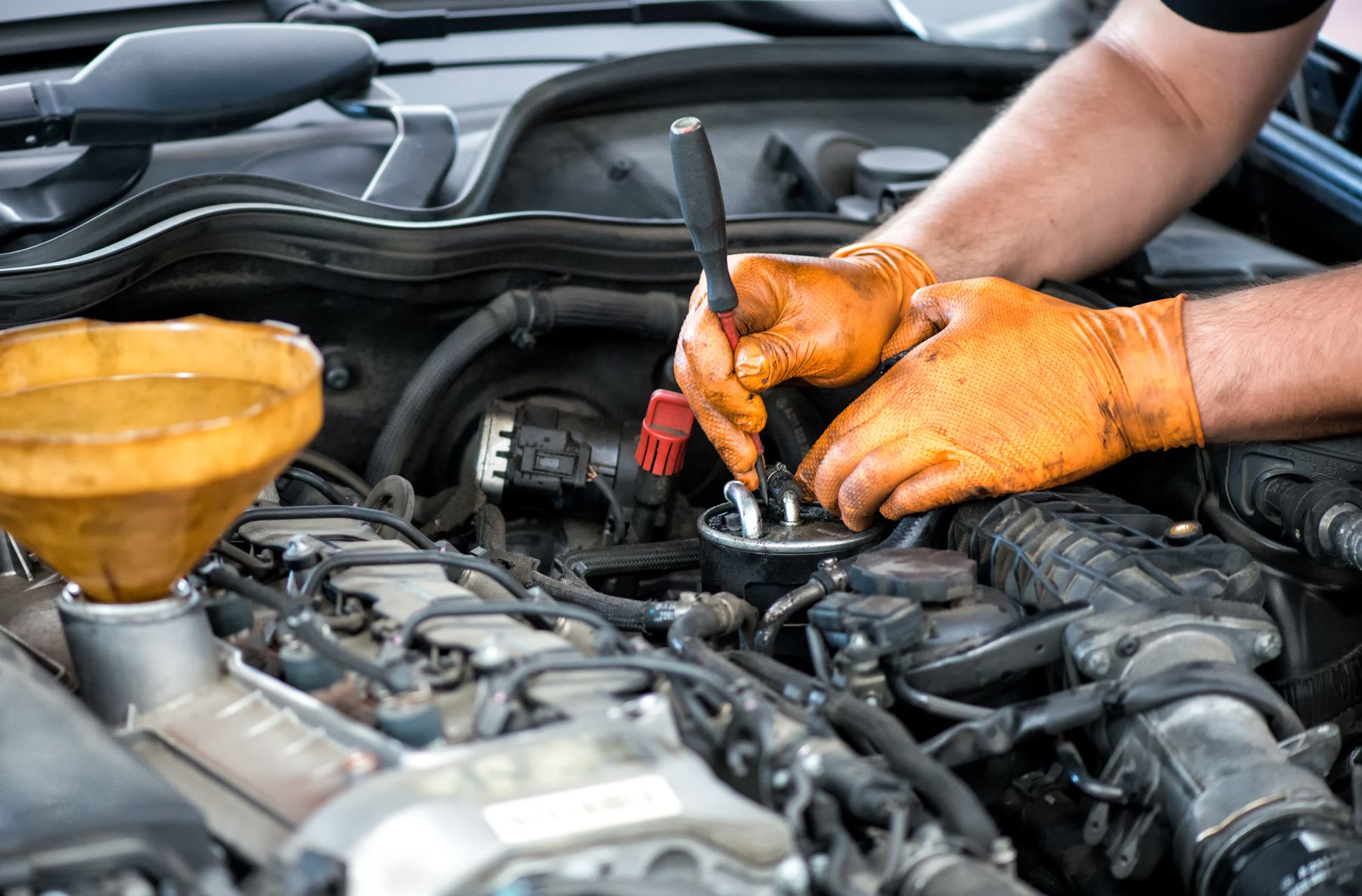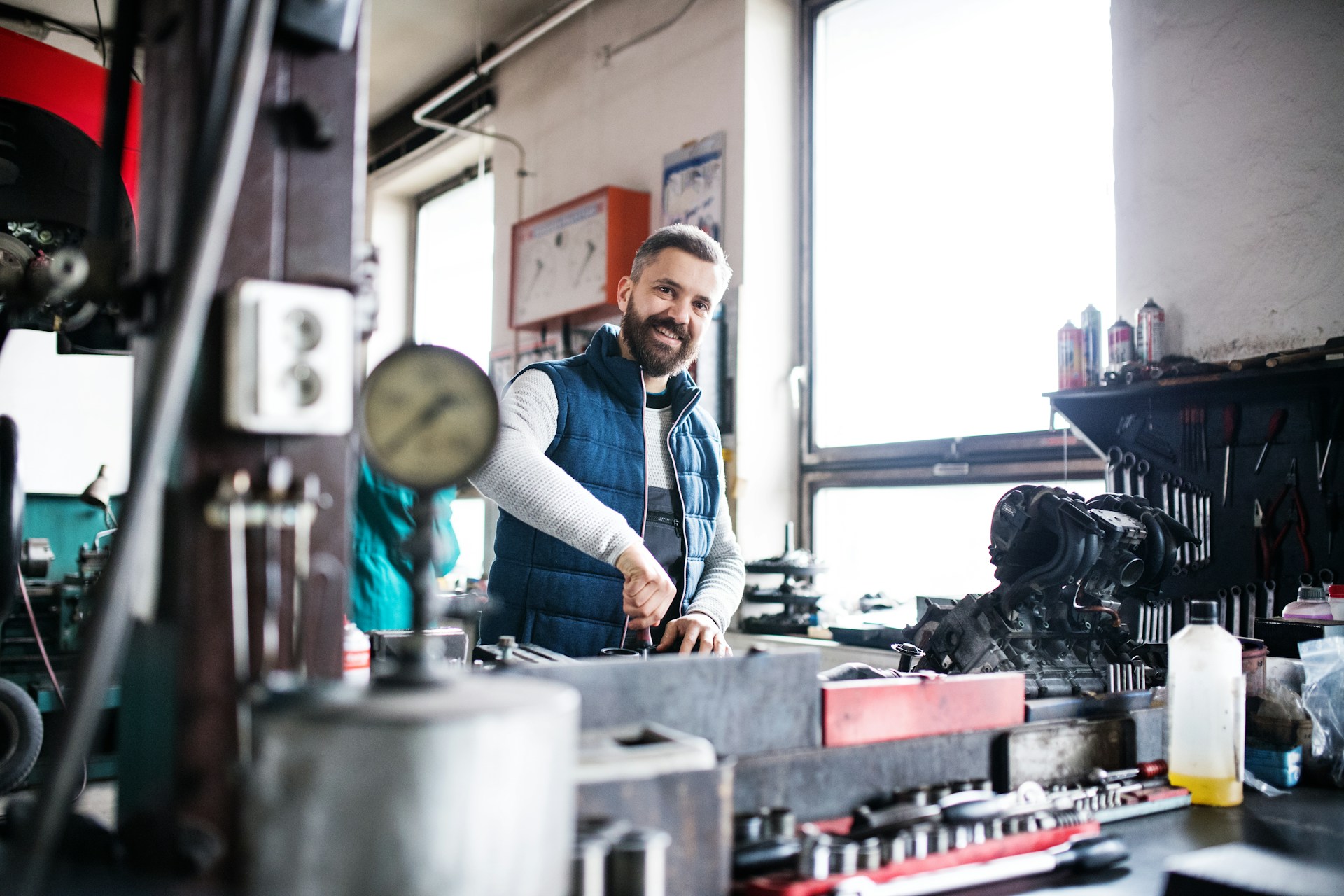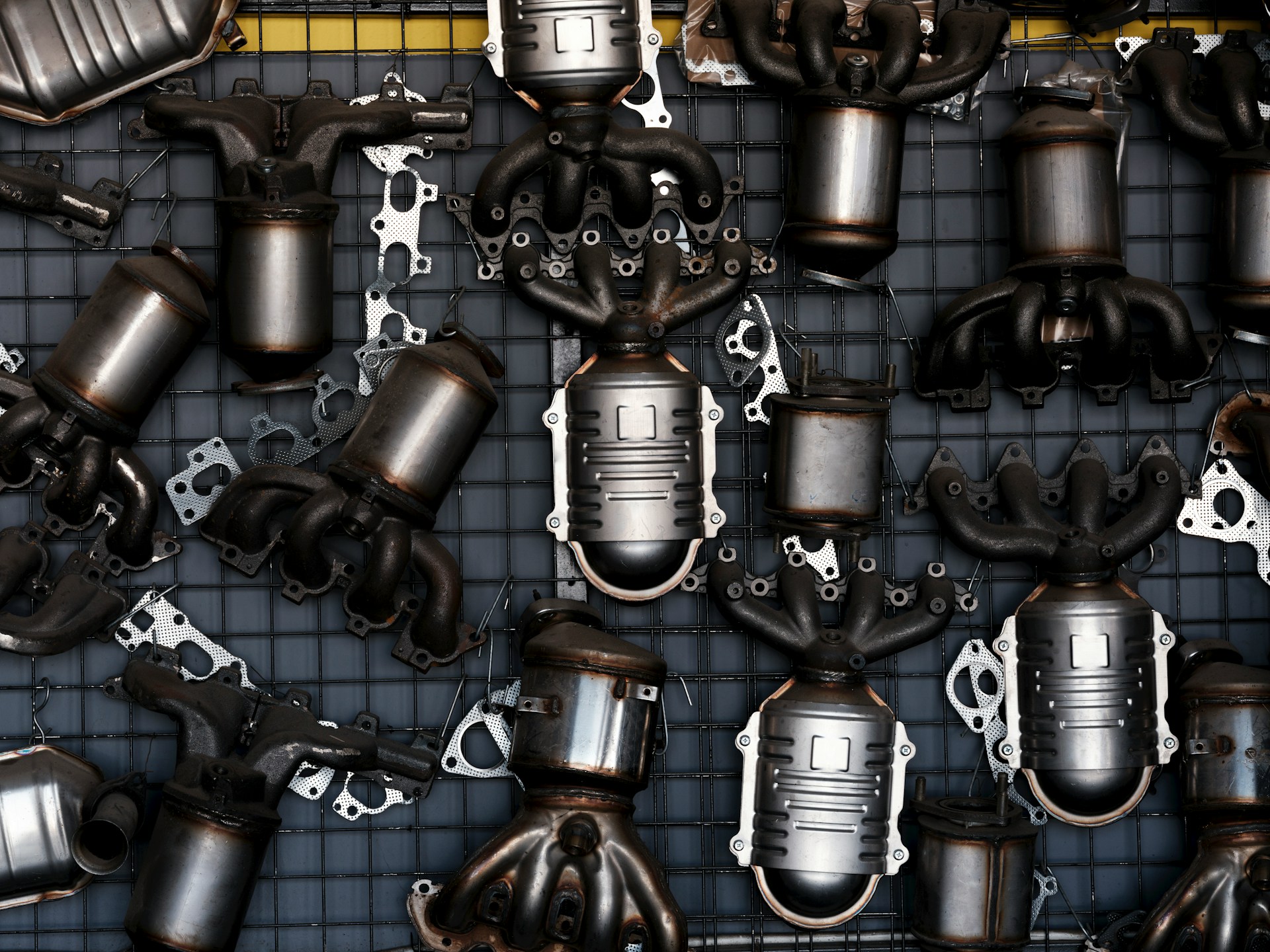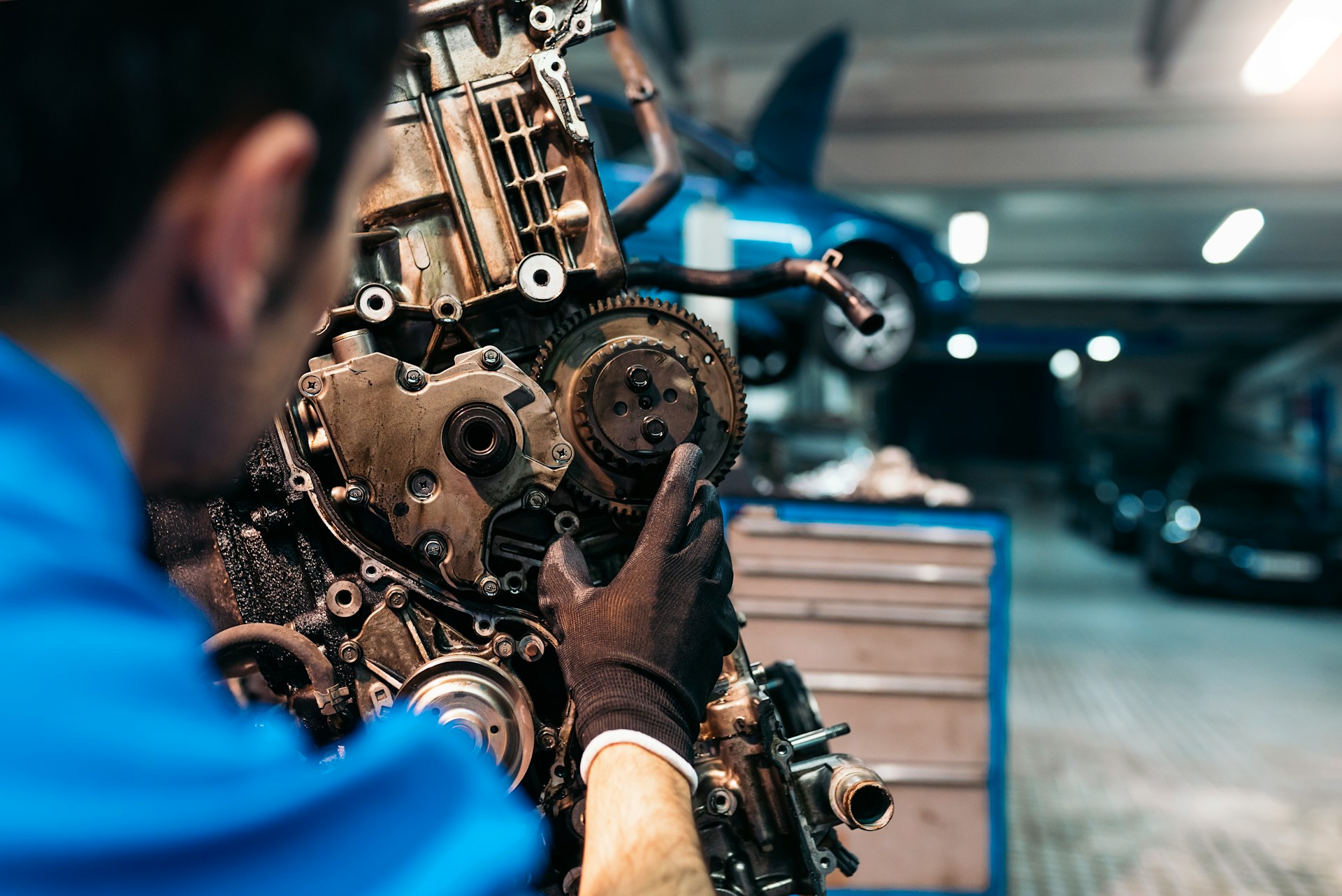
Diesel engines are known for their power and fuel efficiency, making them a popular choice for many vehicle owners in Houston, TX. However, like any mechanical component, they can run into issues, with overheating being one of the most common problems. When diesel engines overheat, they can suffer severe damage if not addressed quickly. Understanding the reasons behind engine overheating and knowing how to respond is essential to keeping your vehicle in good shape.
In Houston’s warm climate, diesel engines can be particularly prone to overheating. This city is not immune to high temperatures, which can strain engines that aren’t properly maintained. By learning about the typical causes of overheating, vehicle owners can take proactive steps to prevent engine failure and costly repairs. Let’s explore what you need to know about common diesel engine overheating issues and ways to handle them.
A diesel engine overheating can stem from several sources, often related to issues within the cooling system. Identifying the root cause is the first step toward resolving the problem effectively.
– Insufficient Coolant Levels: Coolant circulates throughout the engine to absorb and disperse heat. Without adequate levels, the engine can’t cool down, leading it to overheat. Regular checks and top-offs can keep this from becoming a problem.
– Malfunctioning Thermostat: The thermostat regulates the flow of coolant into the engine. If it’s stuck closed, coolant can’t circulate properly, causing temperatures to rise rapidly.
– Radiator Issues: A clogged or damaged radiator won’t be able to dissipate heat effectively. This component plays a crucial role in cooling, and any blockage or leak can quickly lead to overheating.
– Faulty Water Pump: The water pump is responsible for moving coolant through the engine. If it fails, coolant flow stops, and the engine overheats. It’s vital to ensure your water pump is in working order to prevent overheating.
Regular maintenance checks can prevent many of these problems. Staying vigilant and responding to early warning signs can help avoid overheating, keeping your diesel engine running smoothly.
Recognizing the signs of an overheating diesel engine can save you from extensive damage. Being aware of these symptoms allows you to act swiftly and prevent further issues.
– Unusual Noises: If you hear knocking or abnormal sounds from under the hood, it’s a signal something is wrong.
– Steam or Smoke: One of the most apparent signs of overheating is seeing steam or smoke billowing from the hood. This is your engine’s cry for help, urging you to pay attention before things get worse.
– High Temperature Gauge: Keep an eye on the temperature gauge on your dashboard. If it starts creeping into the red zone, it indicates the engine is getting too hot.
– Reduced Performance: An engine that’s too hot won’t perform as it should. You might notice a loss in power or sluggish acceleration, which are telling signs that the engine is under stress from excessive heat.
Being alert to these signs and responding promptly can save your engine from severe damage and save you from high repair costs.
Preventing your diesel engine from overheating involves regular maintenance and being proactive about potential issues. Here are some effective strategies to keep your engine cool:
1. Check and Refill Coolant: Regularly inspecting your vehicle’s coolant level and topping it off can prevent overheating. Coolant is crucial in keeping the engine temperature down, so always have enough on hand.
2. Repair Faulty Parts: Identify and address any malfunctioning components like the thermostat, radiator, or water pump. Replacing or repairing these can help maintain your vehicle’s cooling system in peak condition.
3. Ensure Proper Airflow: Make sure there’s no blockage that could hinder airflow to the engine. Clear away debris from grills and fans, as these elements help regulate engine temperature.
4. Schedule Regular Maintenance: Routine inspections by a professional can spot issues before they become severe. A mechanic can identify worn parts or issues that aren’t immediately visible while driving.
Regular care and attention can significantly reduce the risk of your diesel engine overheating. It’s all about catching small problems before they become big headaches.
Responding correctly when your engine starts overheating can prevent serious damage. Here’s what you should do:
– Pull Over Safely: As soon as you notice signs of overheating, find a safe spot to pull over. Turn off the engine immediately to let it cool down.
– Wait Before Checking: It’s tempting to pop the hood right away, but waiting is safer. Allow the engine to cool to prevent burns or further issues.
– Check Coolant Levels: Once it’s safe, check if the coolant level is too low. A quick refill might help stabilize the temperature for a short drive to a repair shop.
– Call a Professional: If problems persist, call a mechanic. Continuing to drive with an overheating engine can lead to severe and costly damage.
Handling the situation calmly and efficiently can save your engine. Knowing what to do when trouble arises can mean the difference between a simple fix and extensive repairs.
Understanding the common causes and symptoms of diesel engine overheating is your first line of defense. Regular checks and maintenance help ensure your vehicle runs smoothly, even in challenging conditions. Keep an ear out for odd sounds and an eye on crucial indicators like temperature gauges. By taking care of these details, you can enjoy a worry-free drive and keep your diesel engine cool and dependable.
If you want to stay ahead of potential engine troubles and enjoy a smoother ride, consider the advantages of regular maintenance and check-ups. Whether you’re dealing with an overheating issue or just in the market for reliable replacements, exploring our selection of used diesel engines for sale might be just what your vehicle needs. With Airline Auto Parts by your side, you’ll keep your diesel engine running efficiently and stay confident on the road in Houston and beyond.

November 2, 2025 The Benefits of Regularly Updating Your ...

FAQs About Used Diesel Engines

October 26, 2025 What to Consider When Buying a Salvage E...

Best Practices for Repairing Diesel Tran...

October 19, 2025 In-Depth Look at Common Diesel Engine Is...

Tips for Long-Term Storage of Auto Parts
October 12, 2025 How to Ensure Your Car Parts Are Genuine

Winter Preparedness: Getting Your Diesel...

October 5, 2025 Signs Your Diesel Engine Needs Immediate...

Why Recycled Auto Parts Are Worth the In...
Leave a Reply